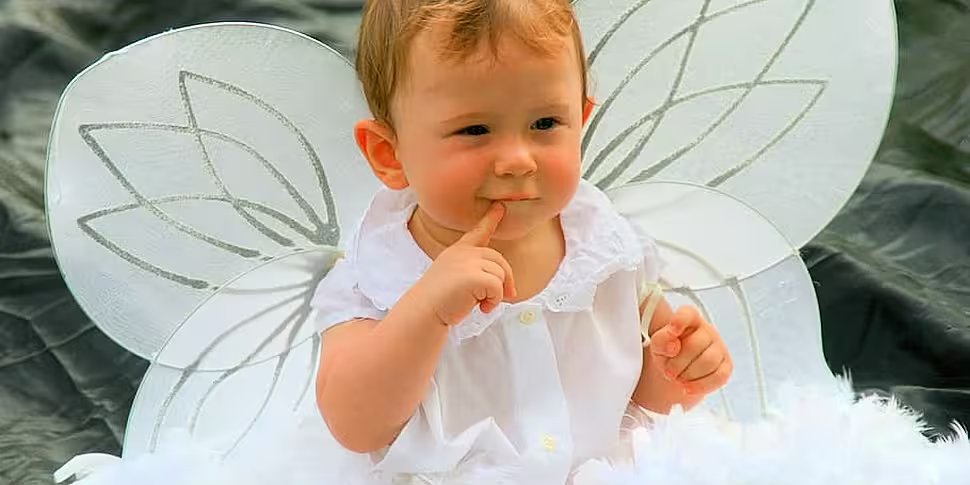On this week’s ‘Parenting’ segment on Moncrieff, one listener asks what to do about her son who is “obsessed with everything to do with girls”.
One parent told Moncrieff and child-adult psychotherapist Joanna Fortune her five-year-old son “dresses up” as a girl and plays with “girls’ toys”.
“In imaginary play he’s always female [and he] copies female mannerisms,” she said.
She said she and her husband have asked their son about this and he said he “just likes it”.
“Sometimes he wants to be a girl, but other times, he says he's happy being a boy.”
She said they don’t want their son to feel “ashamed” - but they have told him he cannot wear dresses outside their house as they “want to protect him from the harsh realities of this world”.
“People have talked and commented on already, and not in a positive way.”
“Check in with yourself”
Joanna said it’s hard to question why children like the toys or activities they do.
“[Children] have never thought about the why of it - they just do it,” she said.
She said the parents should “start with checking in with yourselves and where your own fear is from”.
“I really do it’s feel motivated by really good intentions but [they should consider] how it's landing on him,” she said.
“Girls’ toy”
“There are no girls toys, no boys toy,” Joanna said. “There is very clever marketing to ensure parents buy duplicates of everything if they have a mixed-gender sibling group.”
“This kid sounds like he has a rich imagination, she said. “That he's creative. He's capable of making connections. He's playful, brilliant, all of that great stuff.”
At age five, children are going through “stage three developmental play” which involves a lot of “roleplay”.
“They imagine themselves in the role of other people so that they gain deeper insight into what is it like to be someone else and experience the world like somebody else,” she said.
Joanna said their son could be interested in a lot of “female” stuff if he is in a “predominantly female environment”.
Gender identity
Joanna said the parents may need to “get a grip of themselves” and allow their child to “play openly and freely”.
“Even if this little boy does grow up to question his gender identity or explore it, hold a space for him to be curious to question and join him in that curiosity,” she said.
“It's like telling a young girl that she cannot play at being a samurai or a ninja in her play, because that doesn't suit the gender norm as we see it.”
Joanna said no one knows "how anybody's going to grow up by five years old” so the parents should “create a world at home where he's safe to explore and be himself”.









